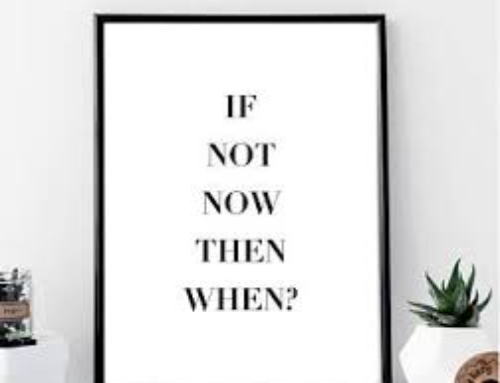There are few things more stressful than decisions around changing your job and the ensuing job search. So when you make it beyond the initial interview process and into “final rounds,” and you will, everyone ultimately does, the tables turn and it is time for you to ask the questions.
The interview process is a time of hypersensitivity for both parties, everyone is paying attention to what they hear, see and sense. It is a time when judgments are made and opinions are formed. And because everyone has different work-life experiences and priorities, different things are important to each person.
Try not to ask a question that has already been answered – a sharp interviewer will take pause if you ask about something already covered.
You might not want your first questions to be around work hours, time off, paid leave and vacation time. Put yourself in the interviewer’s shoes, how would you feel being asked these specific questions.
Dress with some degree of respect for the process, even it’s a casual workplace, step it up for the first round, first impressions never die.
Do your homework, know about the people you are meeting and company to the degree that it is obvious.
Sit at the edge of your seat, perhaps lean in when appropriate, and answer questions succinctly – if you’re using more than two or three sentences to respond to a question you’re talking too much! And it is perfectly acceptable to have your list of pertinent questions in front of you during the interview. You can say “I hope you don’t mind if I take notes while we speak” – nothing says “organized” more than well-thought questions and minimal note-taking.
The questions you ask reflect who you are and what is important to you. And while it is impossible to have a definitive list of questions (for the reasons noted above), here are questions you should have answered before accepting a position. Remember, clarity is everyone’s goal:
THE POSITION
There’s no excuse for not fully understanding the role you are considering. After you’ve established some rapport with the interviewer, in your own inimitable way, consider which of these questions are pertinent and fire away;
- Why is this position open and who held it in the past?
- Is this a unique role for the company, or how many others are doing the same job?
- What are the specific goals for the position, and what are the immediate priorities?
- How would you describe this role’s average work day and week?
- What type of exposure to executives and other departments does this role have?
- How is success measured both individually and as a team/department?
- While I see synergies in my background and this role, do you have any reservations about my background you’d like to discuss?
THE TEAM
- What does the team look like, who are the position’s peers and supervisors? How many of each?
- What are some of the challenges for this position?
- Who will I work with most closely, and who will I report to?
- How is this department structured, and how is it regarded by the company?
- What is history of the department; successes, failures, performance?
COMPENSATION
- What is the salary range?
- Is there bonus potential, incentive comp, 401K with matching tied to the role?
- Who in HR can I speak with about getting a benefits package (vision, dental, time off/vacation days carry over)?
- What kind of upward mobility typically exists for this role?
- How does the performance and compensation review cycle work? Yearly? Twice yearly?
- What metrics and goals will I be evaluated against?
- Does the company have a “work from home” policy for this role and in general?
CULTURE
- I’ve read about the company’s history and founders, can you tell me more?
- What are the company’s plans for expansion?
- I’d love to see the workspace so I can get a feel of where I’d be working, can I see the office space?
- What percentage of people work from home?
- How would you describe the culture here?
- Are there company sponsored activities outside of work hours?
- What is the average tenure of a employee here?
- What more can I tell you about me?
You’ll undoubtedly have many of these questions answered during the interview process. Pay attention to how the answers resonate with you and how the fit feels? How does the energy of the company, and people, and space feel? For years I’ve been saying “sometimes the perfect resume is a disaster if the fit isn’t right.” In a perfect world the sky is blue and birds are singing as you exit the building thinking about joining this company. The most important things are for you to be happy, and this to be a good career move. Having all your questions answered and concerns addressed, will enable you to make a well-thought decision. Good luck!
Barry Shulman is the founder of Shulman Associates Search Services and MyCareerBrand, a career coaching and executive search practice that focuses on guiding executives through crucial career and job transitions to drive greater long-term career success, satisfaction, and higher lifelong earnings. Book a 15-minute call with Barry at www.ShulmanAssoc.com





